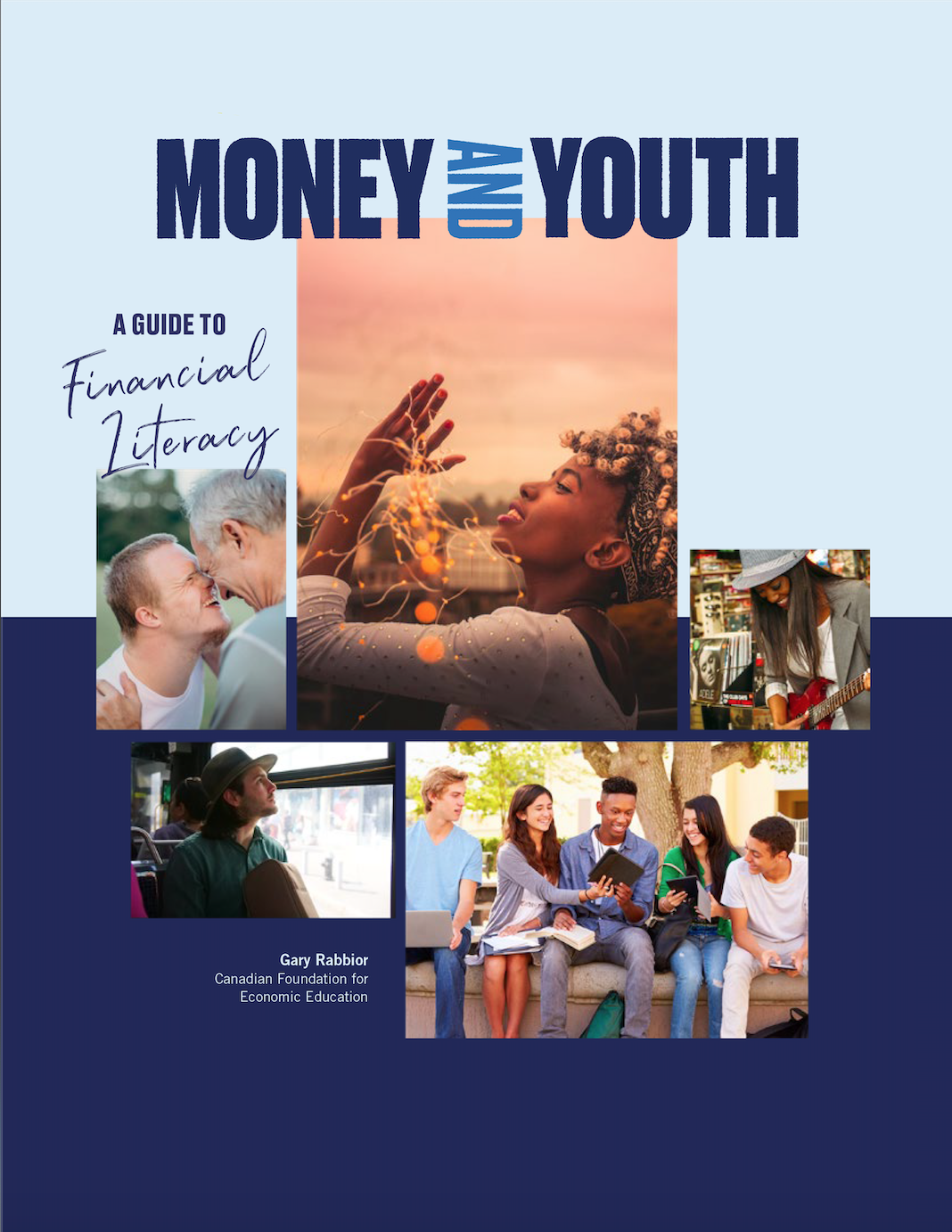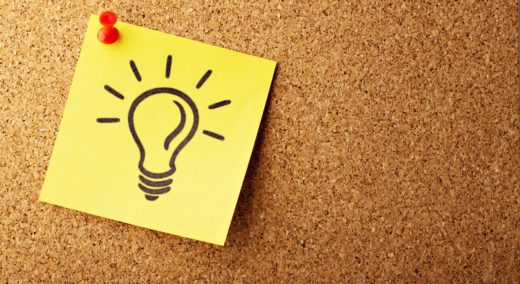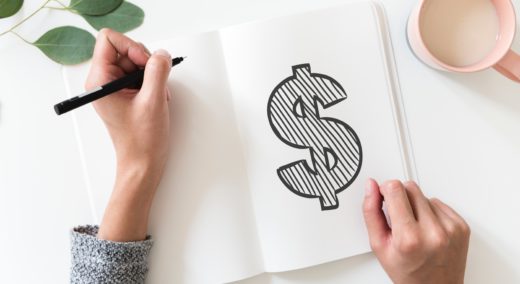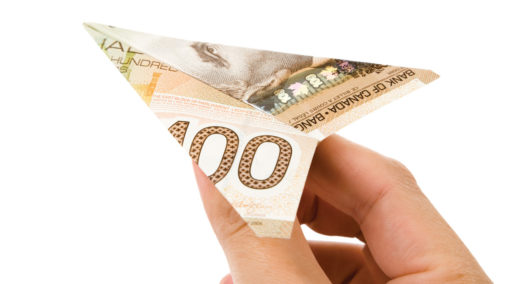This lesson plan can be used as a companion to Module 8 of Money and Youth – Money Basics.
Relevant Subjects and Topics:
Business Studies, Family Studies, Economics, Entrepreneurship, Civics
Background Information:
As adolescents mature into young adults and enter the world of economics and finance, it is important for them to have a basic understanding of money, the role it plays and, to a degree, the way it influences our standard of living. This lesson plan will introduce the students to a basic understanding of money and the role it plays in our economy. It will also provide some basic information about the role the Bank of Canada plays in controlling our economy.
Outcomes:
At the end of this lesson, students will be able to:
- Explain what we use as money and the role that money plays
- Outline the basic characteristics of money
- Explain exchange rates and inflation
- Outline the basic role that the Bank of Canada plays
Time for Implementation:
One class period of about 60 minutes
Teaching and Learning Strategies:
Period One: 60 minutes
- Begin the lesson by asking the students to define the term “money.”
- Once they have done this, explain that money requires certain characteristics and plays important roles in our society – important enough that our society would find it very difficult to function if it were not for the existence of money.
- Indicate to them that this lesson will involve a study of money by using student triads to research various aspects of money and associated items, and to teach the researched material to their fellow group members
- The class will then be given a short answer quiz to test how well they completed their tasks.
- Divide the class into triads (groups of three) and assign the following three tasks to the groups:
- TASK ONE: Define the following terms: intrinsic value, fiat money, bartering, exchange rates. Outline the four specific characteristics of money.
- TASK TWO: Explain what roles money serves for us.
- TASK THREE: Explain the role that the Bank of Canada plays.
- Have each member of the triad assume responsibility for one task.
- Allow the triads some time to research and present their findings.
- Once they have completed their tasks have them put all materials away and hand out the short answer quiz found below under Handouts/Resources.
Handouts/Resources:
Evaluation:
- The short quiz can be collected and marked.
Modifications or Suggestions for Different Learners:
- If need be, the triad member’s research could be in written form for the other members. The quiz could be given orally to anyone requiring such an adjustment.
Additional Related Links:
Additional Possible Activities:
- The students could research the history of money and prepare a display board showing their findings.
- The students could explore other currencies and compare it to the Canadian currency system.
- The students could research what other countries still use in place of fiat money.
- The students could study inflation in Canada and follow the inflation rate for a predetermined amount of time.




















